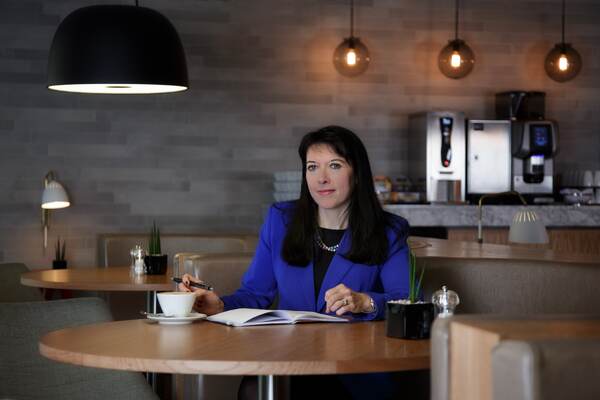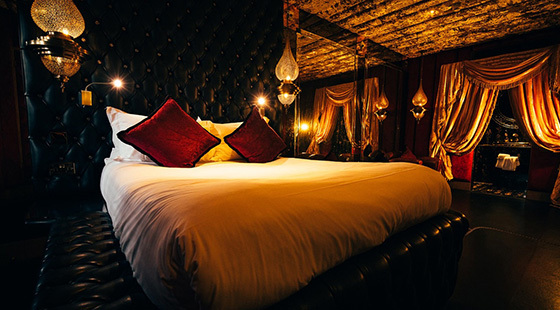Make sure you are aware of guests with a disability
A dimly lit bar and a loud TV could lead to a court case for discrimination by a guest with a hearing impairment. Legal expert Julian Yew explains
THE PROBLEM
Your hotel bar is busy as sporting events are being televised "live" for your guests. A guest, who suffers from a hearing impairment, complains that the bar is too dark and too rowdy. He says that he cannot communicate with another guest. Your bar manager apologises to the guest but says there is nothing he can do as it is the London Olympics and the hotel is busy.
The guest complains to front desk about his stay and experience upon checking out. Two days later, you receive a formal letter of complaint from the British Deaf Association threatening you with litigation.
THE LAW
Under section 29 of the Equality Act 2010, a person concerned with the provision of a service to the public must not discriminate against a person requiring the service by not providing the person with the service. One of the "prohibited characteristics" under the law is "disability". Under section 20, there is also a duty on service providers to make "reasonable adjustments" in relation to any service user who is disabled.
EXPERT ADVICE
The statutory duty to make reasonable adjustments includes:
â- Provision of an auxiliary aid to remove any substantial disadvantage to a disabled person.
In this case, consideration should have been given by the manager to moving the guest to a more well-lit and less noisy area of the bar or the hotel so that he could communicate with another person effectively in sign language. Your legal duty is "anticipatory", meaning you cannot wait until a disabled person wants to use your services, but must consider in advance and on an ongoing basis about what disabled people with a range of impairments might reasonably need at your establishment.
Specific guidance for hotels, restaurants, cafés and pubs can be found on the Equality and Human Rights Commission's website at www.equalityhumanrights.com.
CHECKLIST
Do â- Be aware of guests who have a disability including any visual impairment, hearing impairment, mobility impairment or a learning disability.
â- Consider what their specific needs might be.
â- Consider what kind of reasonable adjustments may be necessary to accommodate their needs during their visit (for example, changes to your physical features, fixtures, business literature and environment).
â- Note that what is "reasonable" by law depends on the size and nature of your business, the nature of the goods, facilities or services you provide, the effectiveness of any measures undertaken and the cost impact.
â- Ensure that you are able to justify any failure to make reasonable adjustments (it may not be a reasonable adjustment for your restaurant to adjust its low-level lighting to accommodate customers who are partially sighted if this would fundamentally change the atmosphere or ambience of the restaurant).
â- Tell your guests and customers about any reasonable adjustments that you make - this will not just bring in more business but is an essential part of meeting your legal obligations.
â- Deal with any guest complaints promptly when they leave your property.
Don't
â- Refuse to serve a guest because of their disability (for example, because you are concerned about embarrassing other guests).
â- Ignore a complaint at the time of the incident.
â- Ignore your statutory obligations under the Equality Act 2010.
BEWARE
Discrimination complaints in the field of provision of services are brought in the county court. Compensation for injury to feelings is unlimited in nature. The more serious the discrimination, the higher the damages. More importantly, the adverse publicity associated with these kinds of cases and collateral damage can outweigh any financial compensation that you have to pay out to the victim.
CONTACT
Julian Yew is a partner at Penningtons Solicitors LLP Julian.yew@penningtons.co.uk
















